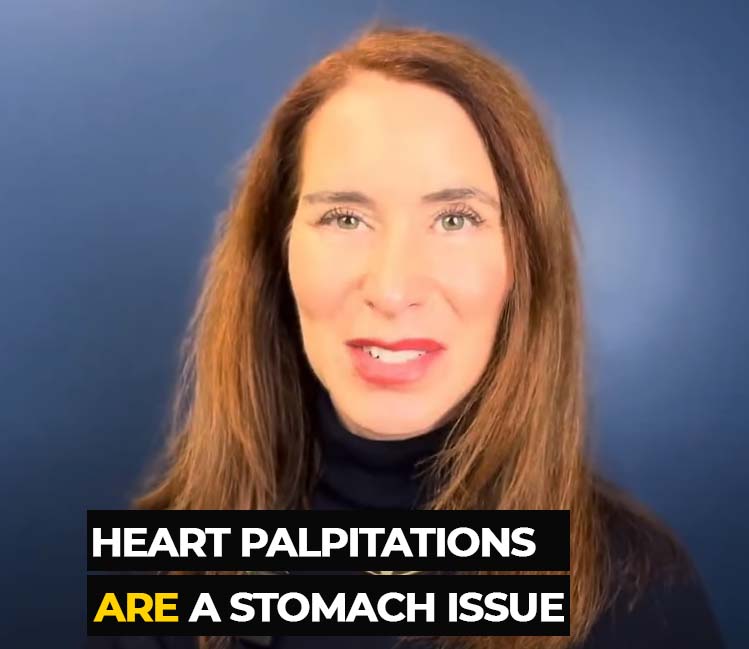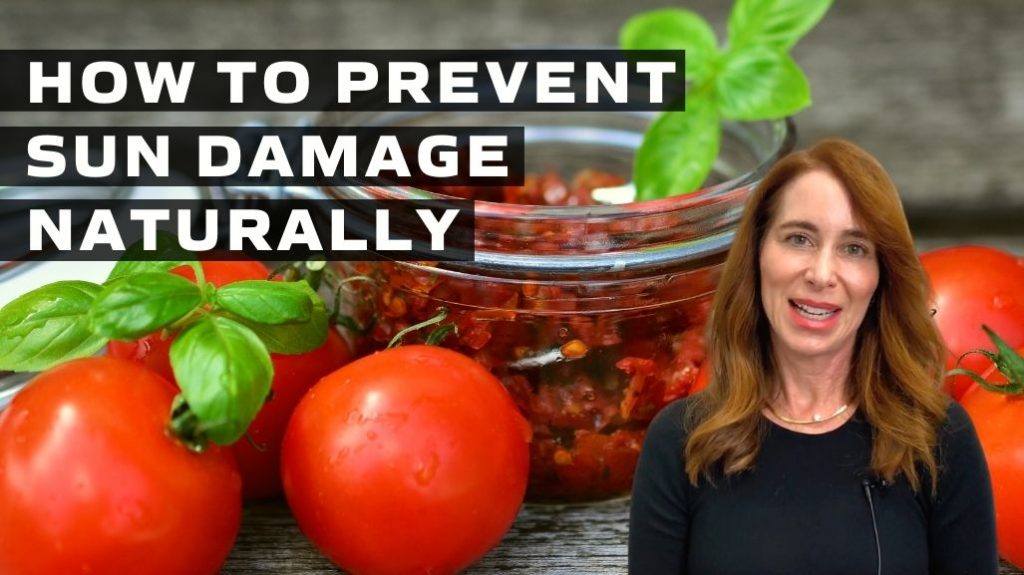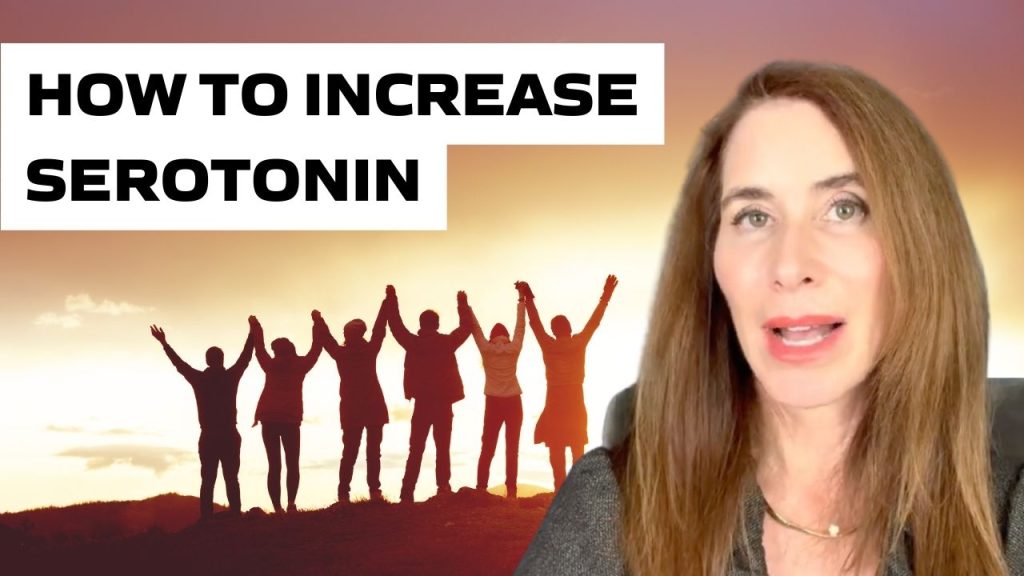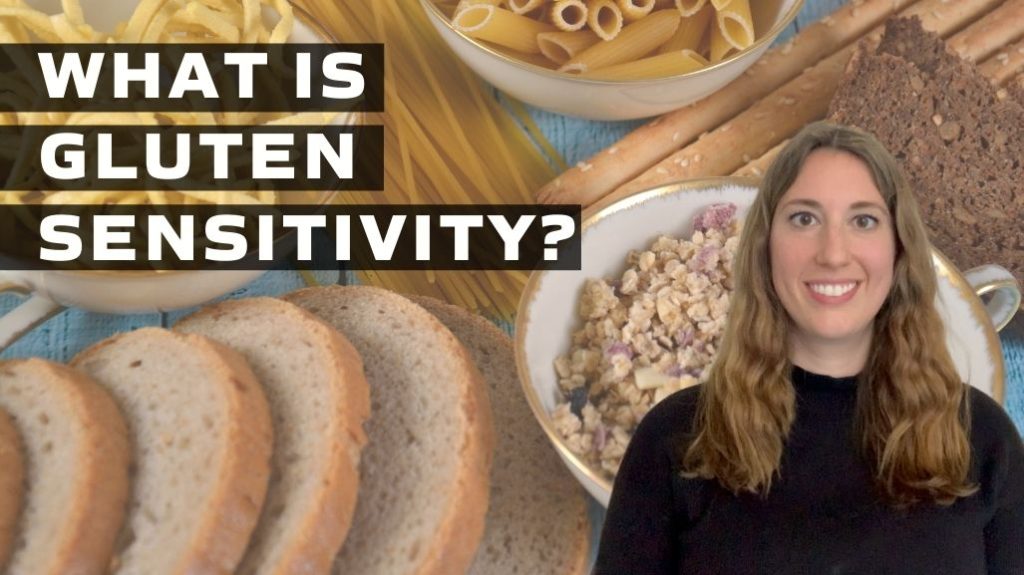Hiatal Hernia Surgery: Just 1 option, Not Always Right
When Hiatal Hernia Surgery is Not the Best Option
What you will learn about
Dr. Vicki is often asked if getting surgery is the correct thing to do for a hiatal hernia. In this video she reviews who should get surgery, and what success rate people can expect.
She also goes over why the success rate is not as high as anyone would like and what actions you can take to really handle your condition when surgery is not indicated.
Transcript of the video
I wanted to talk to you today about hiatal hernia surgery. This is a question we hear a lot from people calling in from all over the country and wondering, should they do surgery? Should they do a more natural program like ours? So I wanted to address that.
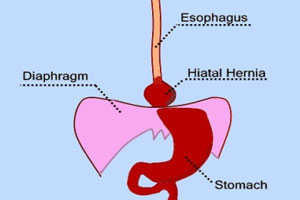 Quick anatomy review
Quick anatomy review
What we have is the mouth, it’s connected to your stomach via a tube called the esophagus, and your stomach is below what’s called your diaphragm. That’s a sheet of muscle that you’ve got your heart and lungs above it and all your digestive organs below it.
What happens is that as you swallow your food, it goes down that tube called the esophagus, it passes through what’s called a sphincter, which is was just a little kind of valve that very intelligently opens when food needs to pass, and then when that food passes, it closes. That prevents food from going the wrong way.
It’s a one-way flow from your mouth down to your stomach. And not only is the esophagus having these little sphincters that make sure it’s going the right way, but the diaphragm itself has a sphincter all in the purpose of keeping food straight down into the stomach and then allowing that stomach to churn the food.
When hiatal hernia surgery is necessary
What happens with hiatal hernia —to varying degrees— is that the stomach can push up above the diaphragm. And then you can get acid reflux, you can get reflux of food itself. So there again, there’s varying degrees. Surgery is typically recommended (and really should only be recommended) when 30% of your stomach, so a full third of your stomach has risen above the diaphragm.
Then what happens is the food can’t stay in the stomach. Food is regurgitated, you can’t digest. It’s a pretty miserable experience.
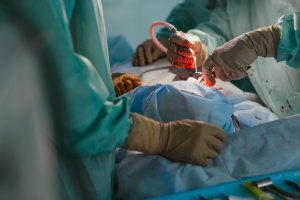 The time you’ve achieved that 30% or even greater of the stomach above the diaphragm there, there’s really no argument that surgery is the only recourse because that stomach, and instead of that kind of an opening of just the esophagus —which is a narrow tube— now you have this widened opening, and there’s just no way for normal digestive function to occur.
The time you’ve achieved that 30% or even greater of the stomach above the diaphragm there, there’s really no argument that surgery is the only recourse because that stomach, and instead of that kind of an opening of just the esophagus —which is a narrow tube— now you have this widened opening, and there’s just no way for normal digestive function to occur.
Surgery can be great: it comes in it, the surgeon pulls the stomach back down to where it should be; and sows up that widened opening with the hope that it’s gonna stay that way. And therein lies the problem.
If you’re in the category of “nobody’s arguing the fact that surgery is the only recourse“… Obviously surgeries are invasive and they have side effects, and there’s some cautions associated with that. But sometimes you just have to do what you need to do because life is miserable, you can’t digest, that’s pretty clear cut.
Hiatal hernia surgery may not be durably efficient
I would like to say that if you don’t follow up with other measures after the surgery… It’s one thing to sort of close that opening, but remember the stomach has been spasming and pushing up and widening that gap, widening that hole for a variety of reasons. The surgery closes the hole, but we’re all about root cause. What’s causing it? If you don’t remedy the reason why… it’s gonna come back. And that is exactly what research shows: a good 50% of the time, it doesn’t last, and people are right back to where they started, which again, only makes sense if you’re not getting to the root cause.
A doctor by the name of Ann Lidor published in the JAMA Medical Journal that it [surgery] really should be reserved for life-threatening conditions because the success rate is so poor. Surgeons love to do surgery, and in many cases that’s fine, but that follow-up is missing.
It’s almost like somebody who had a heart attack and they get the stent to open the artery and blood is flowing and great! You were in a life-threatening situation, that that’s been remedied with this stent. But again, if we don’t get to the root cause of how did that artery get blocked, it’s going to get blocked again. Same thing with the stomach.
The stomach had a reason for being in spasm and pushing up, pushing up, pushing up, opening that gap. And if you don’t get to the reason why, even if you know you had hiatal hernia surgery, subsequent to the surgery you have to take those actions. So surgery is not the be-all-end-all, unfortunately. And as I said, the recurrence is about 50%. So that’s a flip of the coin of whether you are gonna need more surgery.
The other thing I really wanted to mention is that we see a lot of patients who have had the surgery and they had the surgery and the opening got sewed up, but because nothing else was done. What they report is, “I had this surgery and I have all the same symptoms now as I did before the surgery, so why did I bother with the surgery?”
So these are the things to consider.
Going to the root cause
So again, number one, if you have this, 30% of your stomach above food is regurgitating, you’re not digesting… Okay, good: hiatal hernia surgery might be really the only thing to do at that time. But that’s step one. Step two is to follow up with the reasons why that occurred so it doesn’t keep recurring. So hopefully that makes sense because what we find is that stomach is in spasm and pushing up for a variety of reasons.
 It can be diet; it can be infections in the gut that are creating inflammation; it can be obesity; the integrity of the abdominal muscles are not strong. People who have chronic constipation increases the pressure, what’s called the intra-abdominal pressure in the bowels, and that’s literally forcing everything up. So there’s a variety of reasons of why this occurs, and if you don’t fix that, it’s just gonna happen again.
It can be diet; it can be infections in the gut that are creating inflammation; it can be obesity; the integrity of the abdominal muscles are not strong. People who have chronic constipation increases the pressure, what’s called the intra-abdominal pressure in the bowels, and that’s literally forcing everything up. So there’s a variety of reasons of why this occurs, and if you don’t fix that, it’s just gonna happen again.
And surgery’s a big deal — cost aside. And I know insurance loves to pay for surgery and that’s good from the cost perspective, but what are we really looking at here? We’re looking at your long-term health. Those are the main things to consider.
A patient yesterday said to me: “But you know, my insurance will pay for it, so it’s less out of pocket“. I get it, that sounds good, but if you knew that you were going through an invasive surgery, surgery always has risks. And as Dr. Lidor said: unless it’s life threatening, she wouldn’t recommend it. Hopefully that the summary is clear. If you gotta do it, okay, fine. But then we need to do the follow-up. If it’s not that 30% of the stomach above the diaphragm, then likely you will respond much better and more stably to the type of work we we do here at Root Cause Medical Clinic, which is to get to the actual reason why this all occurred.
Now, granted hiatal hernia surgery is fast, you go in, it’s done, and everything’s fine. But when they tell you, your surgery was successful, what they’re talking about is we pulled the stomach down, we sewed up the opening, and that’s considered a success.
What research shows is that as follow-up occurs on these patients, that’s where the failure shows up… Because it doesn’t last.
Avoiding hiatal hernia surgery?
So hopefully that answers the question about surgery. We are always here to answer your particular questions, but surgery, I think, always should be reserved as a last resort. And for some people, you know, it’s the right first step, but just don’t forget the second step. And that’s what we’re here for. Or maybe you just don’t need the surgery at all, and we can really remedy this completely without any surgery at all.
So please reach out to us. Let us know your personal questions. All our programs are individually created. They’re very personal because how you got to the situation of having a hiatal hernia, whether very mild or very small, or not, is your own journey. And the biggest reason we became the experts in hiatal hernia was that patients were told “okay, so you’ve got heart palpitations and you’ve got shortness of breath and you’re feeling anxious and you can’t sleep, you have acid reflux or you have GERD or regurgitation of your food, you know, et cetera, et cetera, et cetera. And by the way, none of that has anything to do with your hiatal hernia cuz it’s so small”. And that’s a falsehood. We have absolutely documented that a very small hiatal hernia, let alone a subclinical hiatal hernia (meaning that the stomach pushes up against the diaphragm, doesn’t even go through but just pushes up against it) is all enough to create this laundry list of about 20 different symptoms.
So don’t give up, don’t think that “it’s surgery or nothing”. And don’t be discouraged if your doctor said you’re not a surgery candidate, because that’s a good thing. There’s plenty you can do to really remedy the situation. So reach out to us, give us a call at our medical clinic.
Why choose Root Cause Medical Clinic for hiatal hernia treatment?
 Our medical team is composed of specialists in different disciplines, working together to find out the root cause of your ailment. Doctors in medicine, chiropractic, nutrition, and physical therapists. We do extensive lab testing to zero in on what is really causing the trouble. Our medical approach enables us to find that cause, and prepare a personalized treatment program that addresses that cause, not its symptoms, through multiple angles.
Our medical team is composed of specialists in different disciplines, working together to find out the root cause of your ailment. Doctors in medicine, chiropractic, nutrition, and physical therapists. We do extensive lab testing to zero in on what is really causing the trouble. Our medical approach enables us to find that cause, and prepare a personalized treatment program that addresses that cause, not its symptoms, through multiple angles.
Root Cause Medical Clinic has become the leading specialist in the diagnostic and treatment of Hiatal Hernia Syndrome.
We have a very high success rate with our patients, as long as they are ready to make the dietary and lifestyle changes that help their body heal. If you have a hiatal hernia, chances it has been built over many years. These changes will be necessary to your treatment. They may sound daunting, but we will hold your hand through them, making each step an easier one.
Offices and telemedicine
Root Cause Medical Clinic offices are located at the corner of S. Ft Harrison and Magnolia St near downtown Clearwater, FL. We have ample parking space, you won’t have a problem parking your car. If you can’t come in person for a consultation, we offer telemedicine consultations in certain states. Please call us for details and to schedule a first consultation.
Additional resources:
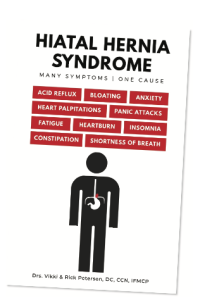
Dr. Vikki’s new book on Hiatal Hernia Syndrome: Misdiagnosed, often ignored, yet extremely common among Americans of all ages
Dr. Vikki’s take on surgery for Hiatal Hernia
Ask a Doctor
Have a health concern you'd like to speak with a doctor about? Or just want clarity on a subject? Ask Us!

